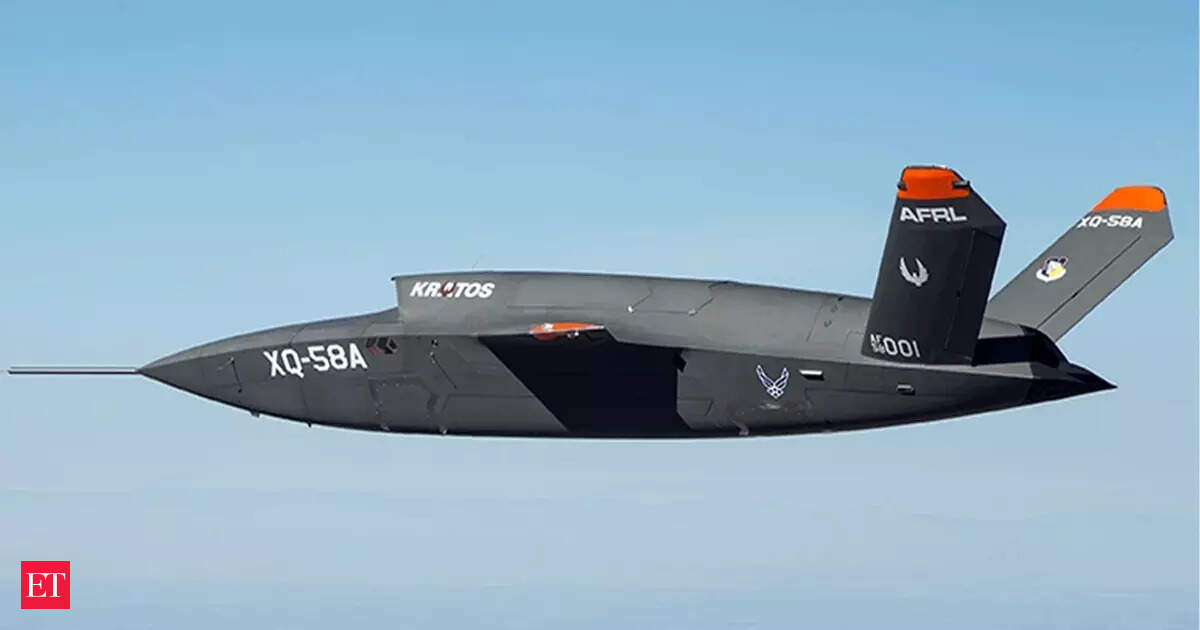Now Reading: China Unveils FH-97: Stealth Combat Drone Set to Revolutionize Air Warfare
-
01
China Unveils FH-97: Stealth Combat Drone Set to Revolutionize Air Warfare
China Unveils FH-97: Stealth Combat Drone Set to Revolutionize Air Warfare

Quick Summary:
- China’s FH-97 Drone: China is set to reveal its FH-97 stealth drone, the world’s first combat-ready “loyal wingman” aircraft.
- Parade Visibility: Photos from rehearsals for a military parade honoring the 80th anniversary of Japan’s surrender suggest the drone may already be in active service.
- Loyal Wingman Role: Designed to operate alongside crewed fighter jets, the drone enhances mission capabilities by undertaking high-risk tasks, gathering intelligence, and offering situational awareness while reducing risks to pilots.
- Comparisons with Global Efforts: The U.S.’s XQ-58A Valkyrie loyal wingman is expected to be operational by 2029. Australia’s MQ-28 Ghost Bat prototypes have logged over 100 flight hours but are yet to enter widespread active service.
- Technological Leap: The FH-97 features advanced AI systems and operates as both a sensor, ammunition depot, and assistant for aircraft pilots. It showcases importent advancements in human-machine warfare integration.
Indian Opinion Analysis:
China’s unveiling of the FH-97 stealth drone reflects rapid progress in integrating autonomous systems into frontline defense technologies. This advancement may influence global military doctrines favoring unmanned operations due to reduced human risk and increased operational efficiency. Given China’s proximity and strategic interests in South Asia, this development could prompt neighboring countries like India to accelerate their efforts toward AI-driven defense technology.
India must assess potential implications for regional security dynamics carefully as new-generation UAV systems enhance China’s strategic options across varied scenarios-including border disputes or maritime control within contested territories like South China Sea waters or Himalayan regions. Investment in indigenous capabilities and international partnerships on similar technologies shoudl be prioritized as part of long-term strategic planning.
While India’s current focus on UAV developments remains steady through initiatives like Rustom-II drones or collaborations with foreign entities such as Israel-based aerospace firms, keeping pace with rival advancements will require both policy alignment and ample resources dedicated towards network-centric warfare strategies that leverage AI effectively.
























